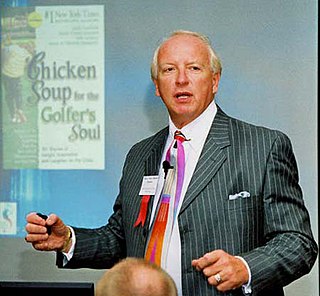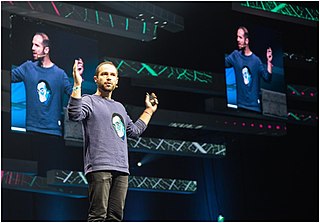A Quote by T. Harv Eker
Rich and successful people are solution-oriented; they spend their time and energy strategizing and planning the answers to challenges that come up, and creating systems to make certain that problem doesn't occur again.
Related Quotes
The most successful teachers in low-income communities operate like successful leaders. They establish a vision of where their students will be performing at the end of the year that many believe to be unrealistic. They invest their students in working harder than they ever have to reach that vision, maximise their classroom time in a goal-oriented manner through purposeful planning and effective execution, reflect constantly on their progress to improve their performance over time, and do whatever it takes to overcome the many challenges they face.
One of the factors that make great companies so great is that they have processes that allow them to solve difficult problems again and again. These processes have developed over time as teams have successfully wrestled with a certain type of challenge. Eventually, people begin to say, "This is just how we do something around here." The problem develops when that team then has to solve a very different set of challenges. The processes that are such strengths can be crushing liabilities.
When you start looking at a problem and it seems really simple, you don't really understand the complexity of the problem. Then you get into the problem, and you see that it's really complicated, and you come up with all these convoluted solutions. That's sort of the middle, and that's where most people stop... But the really great person will keep on going and find the key, the underlying principle of the problem - and come up with an elegant, really beautiful solution that works.
That's what's gonna make me come up with new stuff, if you get a good break or a good beat, you get a certain energy, and you wanna release that energy. Freezes to me are like releasing a certain energy. That's me releasing energy that beat gives me, to come up with certain things. A good beat, a rare break, a dope song that I've never really breaked to before will give me a new feeling, a new movement.
Are you willing to work sixteen hours a day? Rich people are. Are you willing to work seven days a week and five up most of your weekends? Rich people are. Are you willing to sacrifice seeing your family, your friends, and give up your recreations and hobbies? Rich people are. Are you willing to risk all your time, energy and start-up capital with no guarantee of returns? Rich people are.
. . . it is interesting to note that the original problem that started my research is still outstanding - namely the problem of planning or scheduling dynamically over time, particularly planning dynamically under uncertainty. If such a problem could be successfully solved it could eventually through better planning contribute to the well-being and stability of the world.


































